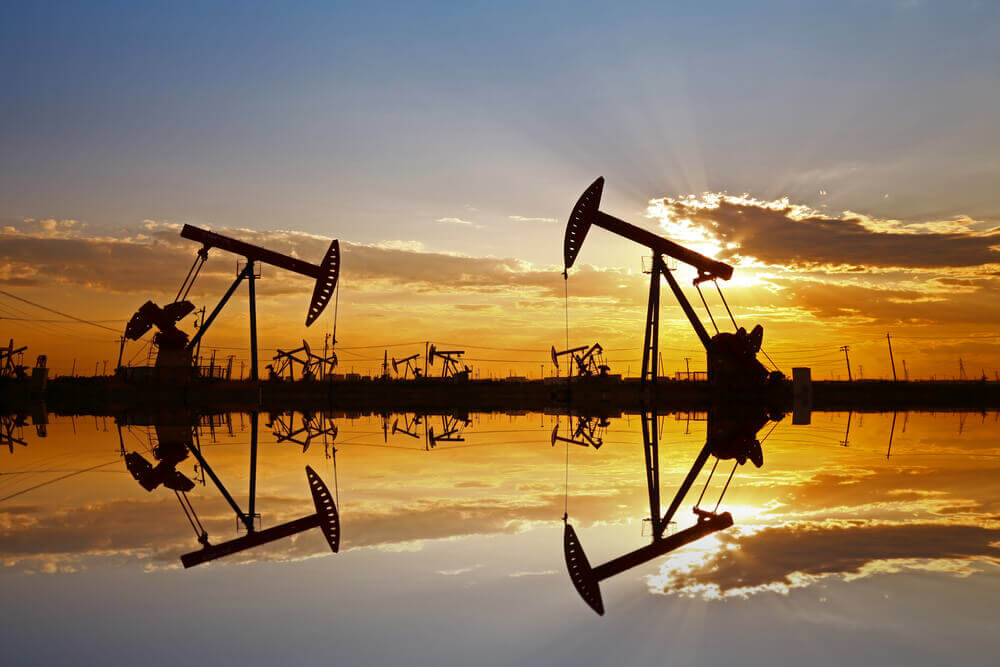
Shell- commodity prices soar
Royal Dutch Shell announced better-than-expected second-quarter earnings on Thursday, bolstering the energy giant’s aim to reduce net debt and reward investors.
For the three months ending in June, the Anglo-Dutch company recorded adjusted earnings of $5.5 billion. That compares to $638 million in the first quarter of last year and $3.2 billion in 2021. According to Refinitiv, analysts predicted adjusted earnings of $5.1 billion in the second quarter.
Shell increased its dividend for the second quarter in a row and announced the start of a $2 billion share repurchase program, which it plans to finish by the end of the year. In the second quarter, the dividend increased by 38% over the first three months of the year to 24 cents. It comes a year after the business announced its first dividend decrease to stockholders since World War II.
Shell CEO Ben van Beurden said We have to make sure that our current shareholder base is happy with our rewards.
They need a solid cash-generating business that also funds the company for the future, but they also need to establish a profitable business.
Reflect a broader trend
The findings are part of a broader trend in the oil and gas business. Companies try to persuade investors that they have regained their footing in the wake of the ongoing coronavirus outbreak. TotalEnergies of France and Equinor of Norway have both initiated share buyback schemes.
However, the world’s leading oil and gas companies’ stock prices have not yet followed an increase in their profit prospects. The industry continues to face a slew of uncertainties and obstacles.
Shell’s stock was up nearly 4.5 per cent in London early afternoon session. The oil and gas company’s stock price has risen more than 17% yearly, after plummeting about 45 per cent in 2020.
Investor
Shell’s financial results come when oil and gas prices have risen again more in recent months. In the second quarter, international benchmark Brent crude futures surged to an average of $69 per barrel, up from $61 in the first three months of the year. At the time of writing, the oil contract was trading at $75.38.
In recent months, oil prices have risen to multi-year highs. All three of the world’s major forecasting organizations now predict a demand-led recovery accelerating in the second half of 2021.
It comes after the head of the IEA said that this year would be the worst in the history of oil markets. The spread of Covid-19 coincided with a vast fuel demand shock, dropping commodity prices, enormous write-downs, and tens of thousands of job cutbacks in 2020, sending the oil and gas industry into a tailspin.
Analysts had cautioned ahead of this earnings season that, while energy companies were likely to try to claim a clean bill of health. Investors would have a tremendous degree of scepticism about oil and gas companies’ long-term business strategies. That was primarily due to the escalating climate crisis and the pressing necessity to shift away from fossil fuels.
Dutch court ruling
Shell announced earlier this month that it intends to appeal a landmark Dutch court ruling ordering the company to take much more aggressive action to reduce its carbon emissions.
We agree that immediate action is required, and we will accelerate our transition to net-zero energy, Shell’s van Beurden said. However, we will appeal because a single court judgment against a single company is ineffective.
On May 26, a Dutch court ruled that Shell must reduce its carbon emissions by 45 per cent from 2019 levels by 2030. That is a much more significant reduction than the company’s current target of reducing emissions by 20% by 2030.
The court also ruled that Shell is liable for its carbon emissions and those of its suppliers, known as Scope 3 emissions.
The decision was widely regarded as the first time in history that a company was legally required to align its policies with the Paris Agreement. The agreement, ratified by nearly 200 countries in 2015, is critical in averting climate change’s worst effects.


